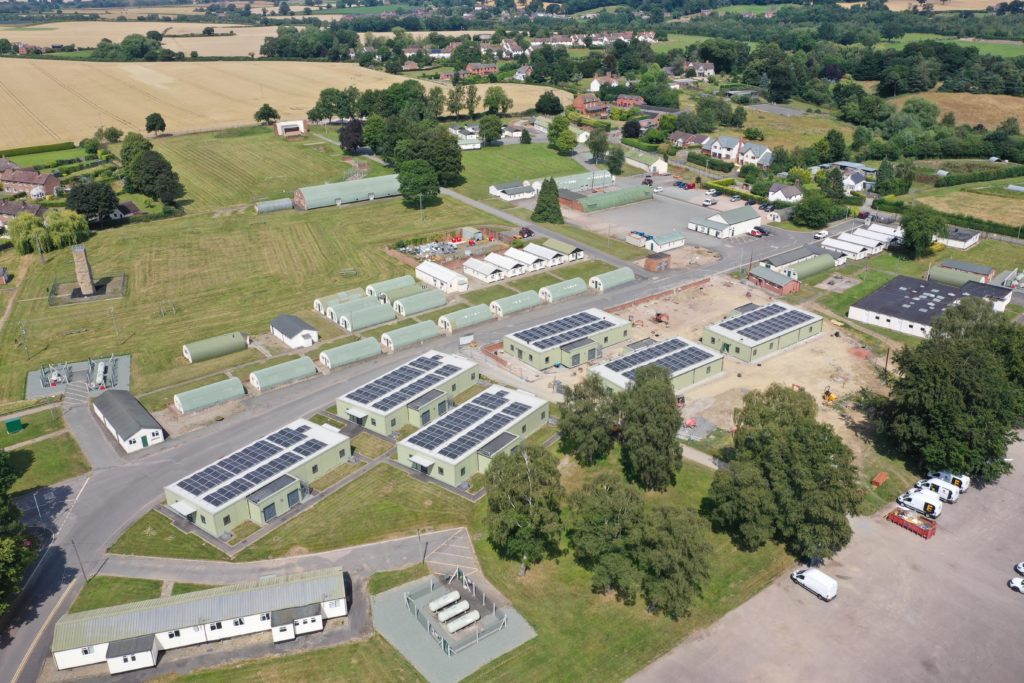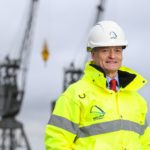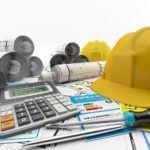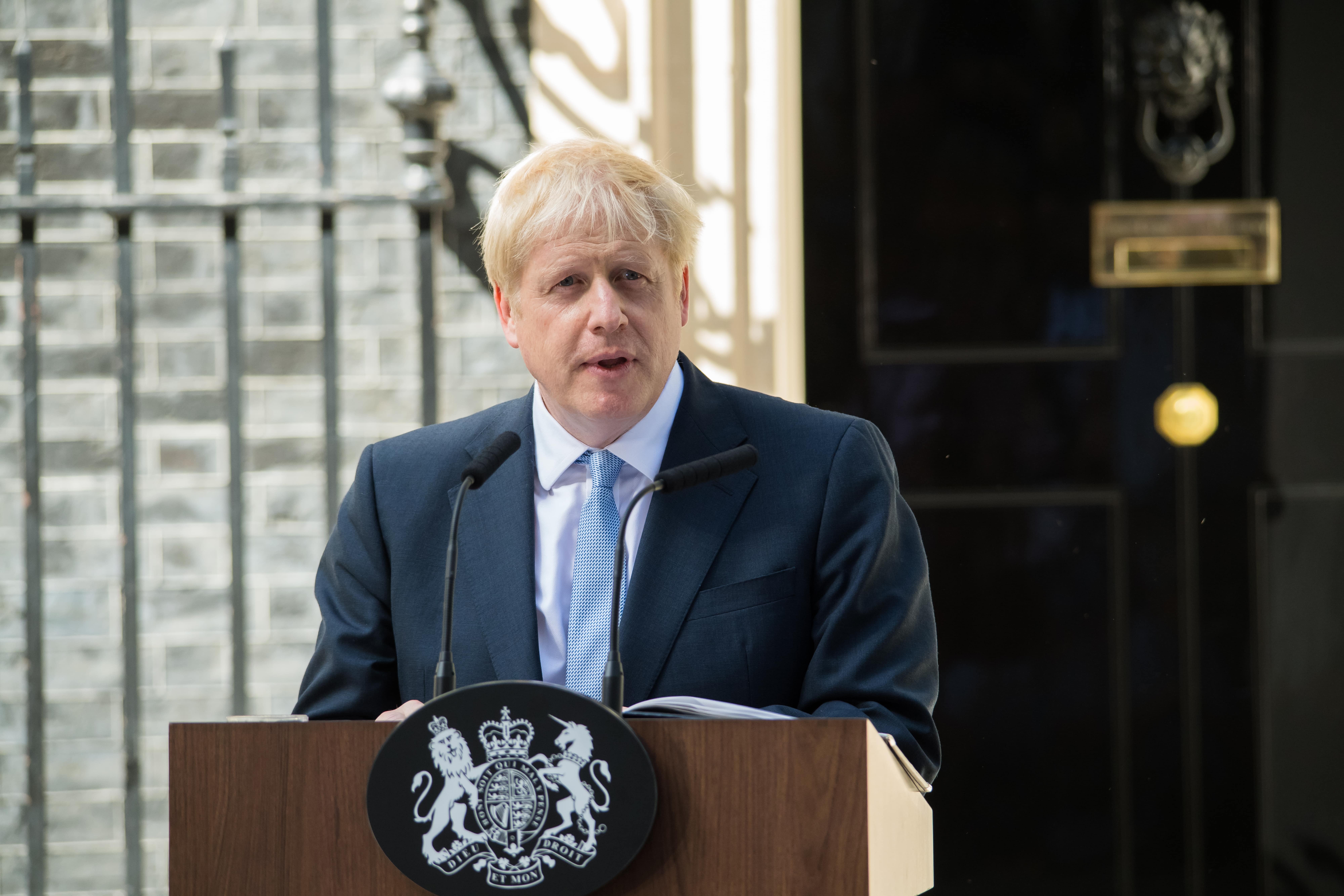Features - Business
Aligning Green Agenda with Economic Recovery

Paul Ruddick is Chairman at Reds10, in this feature for UK Construction Online, he writes about how the green agenda must be aligned with the UK’s economic recovery.
A report issued by the Institute for Government last month gave a stark warning that the UK’s efforts to meet its target of net zero emissions by 2050 are off course because they’re not aligned with the economic recovery plans set out during the pandemic.
The report, which states that the economic agenda proposed by the Government fails to place green policies at its heart, outlines a clear challenge to deliver on the ambition to build the country back greener, smarter and faster in the aftermath of Covid-19. In short, it says that the economic recovery and the net-zero transition have become two different goals that may not be mutually achievable, resulting in unwanted friction as the country aims to achieve both successfully.
However, ‘Project Speed’, the Government’s concept to drive efficiency in delivering projects, inspired by the principles used during the pandemic, is already successfully delivering public investment projects more efficiently, with sustainability at the heart. Evidence is mounting on how we can innovate and evolve to deliver better outcomes more quickly while helping the Government achieve its long-term carbon reduction goals and meet economic needs. Most recently the Government has announced that all companies bidding for public contracts worth £5m or more must provide a carbon reduction statement setting out both how they would reduce carbon on the work to be undertaken and how they as a company plan to achieve carbon neutrality by 2050 – this is a huge step and a big deal for the industry.
We’re seeing positive action towards supporting this agenda. One department in particular is the Ministry of Defence (MoD) which is currently spending £45m on a nationwide Net-Zero Carbon Accommodation Programme (NetCAP), designed to improve facilities for troops when they are training away from their permanent barracks while also steering the Government towards its net-zero carbon targets. Reds10, working with Landmarc Support Services (Landmarc) and the Defence Infrastructure Organisation (DIO), are delivering the ambitious programme that features over 40 carbon-efficient accommodation blocks, providing more than 1,900 bed spaces in just 21 months. So far, in just 10 months, 18 buildings have been installed on site with a further 12 in the manufacture stage.
Crucially, we are learning lessons from each block for the next. The first block, our prototype, was installed at Westdown Camp on Salisbury Plain last summer and received an A-rated Energy Performance Certificate (EPC) just 12 points from achieving net-zero, thanks to the use of air source pumps and rooftop solar panels, among other design choices. The Westdown Camp prototype block, like all the buildings on the programme, was fitted with our SMART building technology ‘THRIVE’, enabling us to monitor how the building is being operated, make adjustments to the programme design and specification and optimise energy usage.
As a result, the next three blocks, delivered at Nesscliff Training Area in Shropshire, achieved an EPC rating of -5, meaning they actually create more clean energy than they consume. Subsequently, the Castlemartin Training Area in Pembrokeshire, Brunswick Training Camp in Surrey and additional buildings at Westdown Camp achieved EPC ratings of -7, -9 and -10 respectively. This means a 22-point improvement in EPC rating and a 130 tonne reduction in embodied carbon (tCO2) from the original proof of concept. The newer buildings mark a 33 per cent reduction in embodied carbon from the original prototype, and actually generate power for the site, reducing electricity costs.
This programme stands up as an example of how we can build back more quickly and efficiently. The manufacture and installation at each camp is 13 weeks (this has reduced from 15 weeks for the programme prototype). This compares to at least eight months using traditional construction methods. Materials being used have significantly less embodied carbon and so far all buildings have achieved Defence Related Environmental Assessment Methodology (DREAM) ‘Excellent’ ratings.
90% of the buildings have been manufactured off site. We are also using load bearing gypsum fibre panels, 50% of which are recycled, as a replacement for the traditional solid concrete. This reduces embodied carbon by up to 60%, improves performance due to enhanced thermal properties, and reduces the weight of the building.
The success of this project is in no small part due to the collaboration among the team and the commitment of the MoD, which has embraced change with open arms and harnessed industry expertise, technology and the UK’s manufacturing capability, to transform delivery for the better. It is this mindset that enables projects to be treated not as standalone developments, but a programme where continual learning and improvement delivers cost efficiency, net-zero carbon and better quality accommodation, all at the same time.
We’re positive about momentum building in other sectors that can learn from the ongoing success of NetCAP, placing the country back on track to achieve both our economic and environmental goals without compromise.
If you would like to read more stories like this, then please click here
Related Articles
More Features
- Ten years of progress on payment, pre-qualification and skills
19 May 25
The industry has made significant progress on late payment, pre-qualification, and competence since the formation
- Pagabo provides clarity on impacts of new NPPS and PPNs
12 Mar 25
The Labour government’s new National Procurement Policy Statement (NPPS) sets out strategic priorities for public
- How is the Procurement Act going to drive social value
24 Feb 25
The regulations laid out within the Procurement Act 2023 will go live today.






